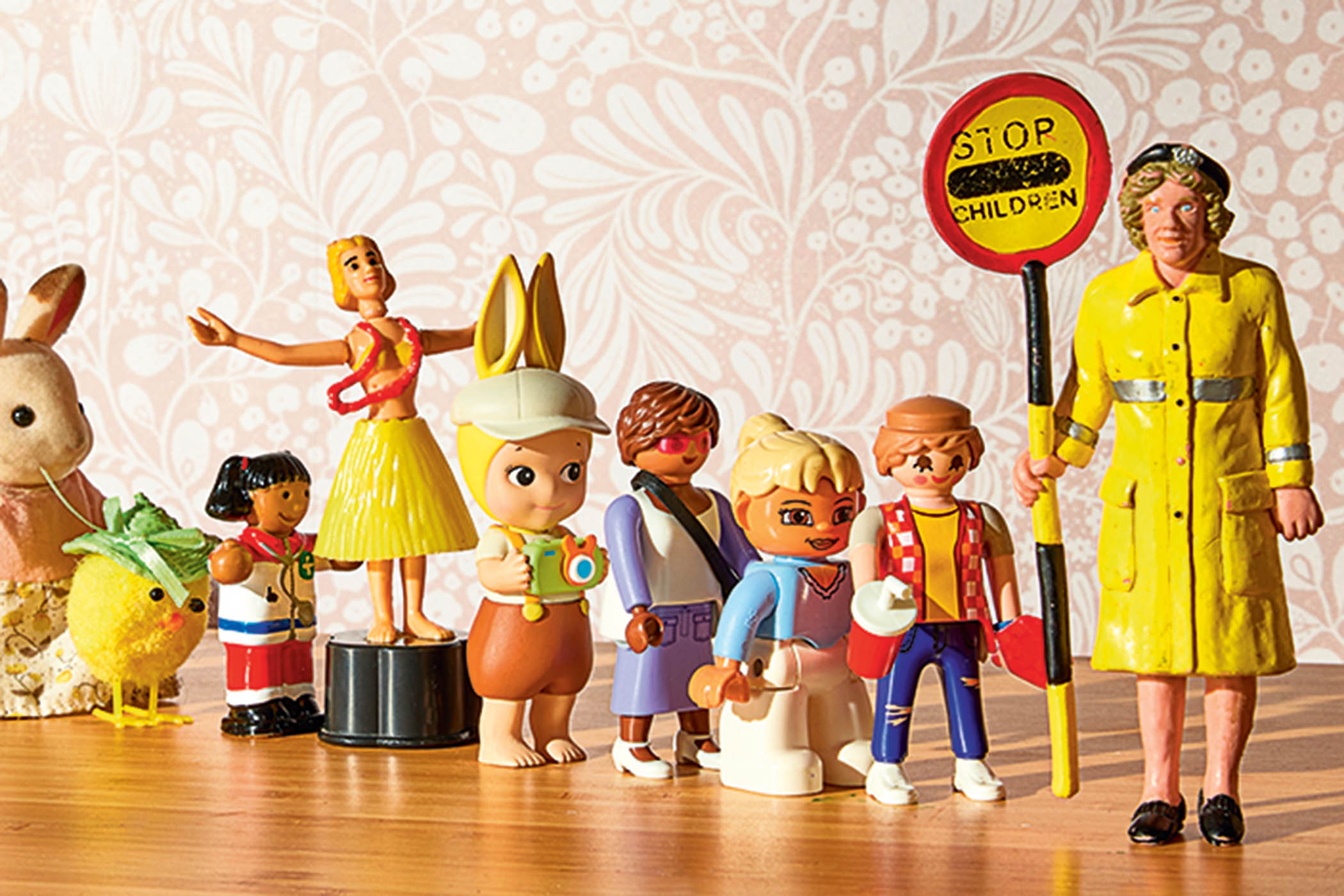
Order? Progression? Time to daydream? If only the rest of life was like this
It’s said the British love a queue. Why? It’s manifestly tedious, shuffling obediently in the slowest parade in town. Worse, queues are systems within systems. The reward is usually the chance to overpay for goods and services, or be subject to a demeaning procedure.
In queues we are neither at rest nor meaningfully moving, but some secret, torturous third thing. Yet we do love a queue. We sink into them like a sofa in a family home, eyes glazed over, brains shut down. The pleasure of being bovine! (Do student wags still go queue-tipping?) The bare minimum is expected of queuees; just inertia and patience. If we’re with someone, we can chat. This is heaven. Queues today are better than ever: a guilt-free, ring-fenced time to go on your phone. If you’re old-school, you can daydream, think about your novel, call your mum.
You’ve been to countries where boarding a train, or buying fish at a market, is a free-for-all. The experience is that of an amiable throng, a surging you can’t escape. People learn to raise their voice, to spy an opportunity and take it. There are no resentments, no arguments about personal space. No rules. No thank you!
Queues without a guarantee are the definition of hell. (Never queue at a bakery.) But they never move backwards. There is only progression. If only life was like this. A queue is a democracy, an ad-hoc community, adding value to what you’re queuing for. Most of all, queues are something to complain about, and that is what Brits really love.
Forget Mardi Gras; mardy bum is more our speed.
Related articles:




